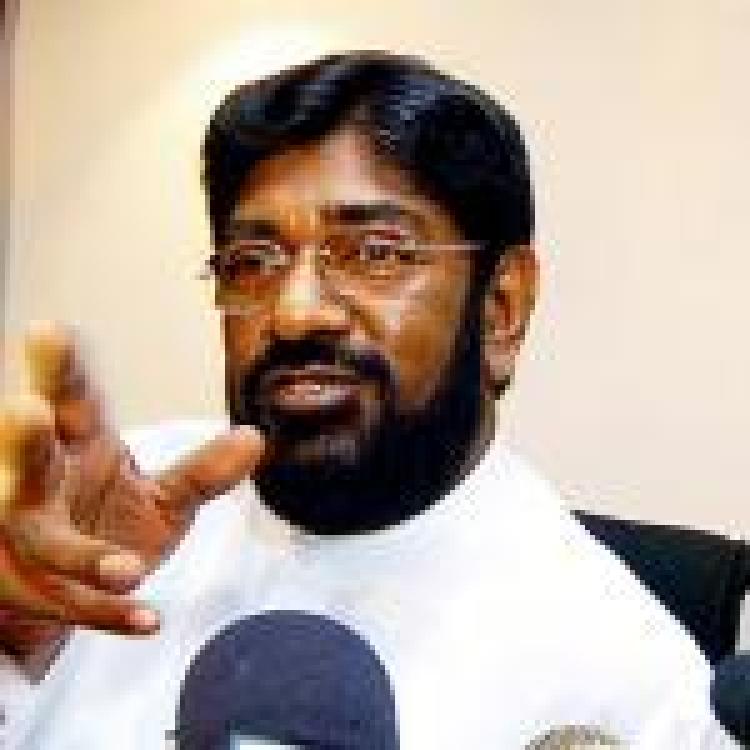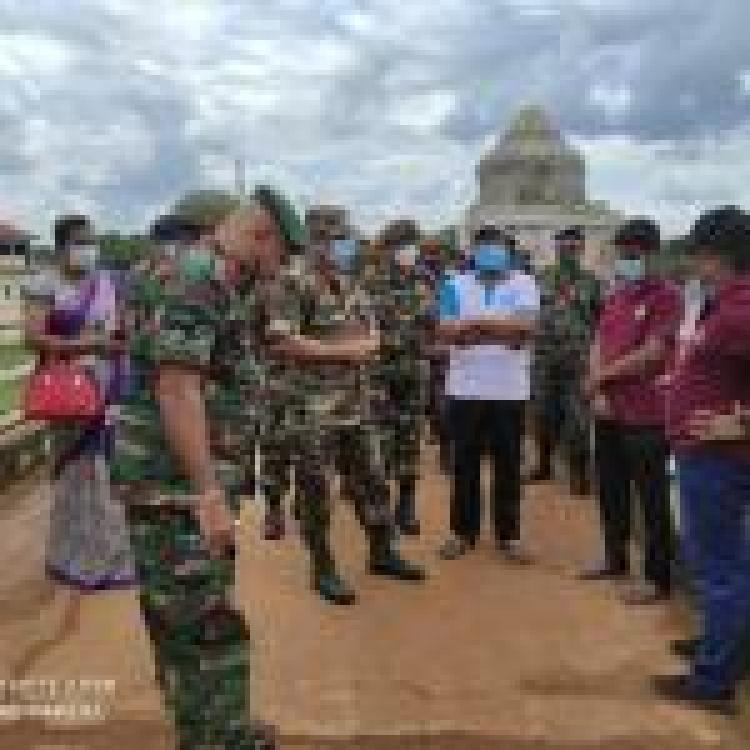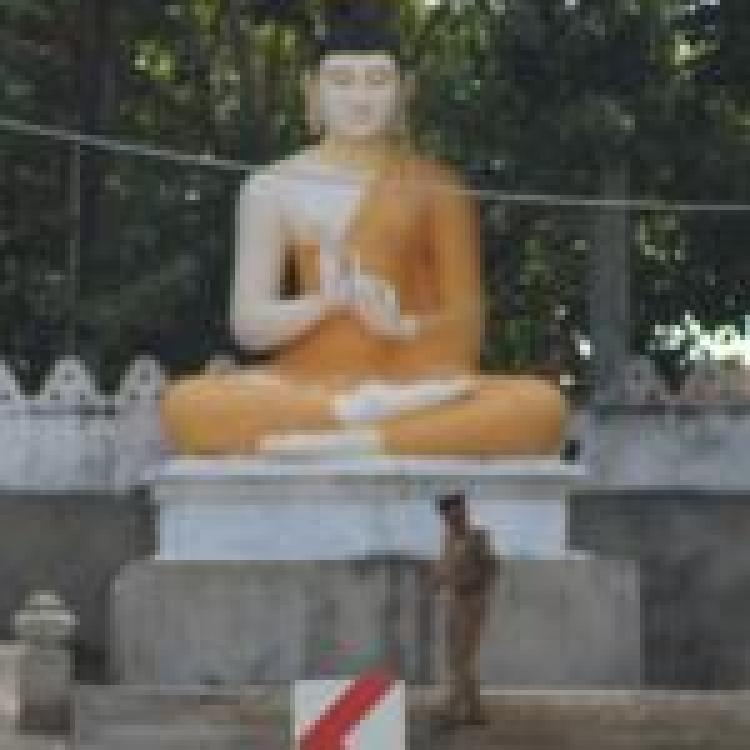Sri Lankan troops involved themselves in Thai Pongal festivities on 14 January, in Kilinochchi and Mullaitivu, in an attempt to “strengthen reconciliation efforts between the Sri Lanka Army soldiers and civilians,” regardless of mounting criticism over the increased militarisation throughout the North-East.
Kilinochchi
In Kilinochchi, troops were at Kandasamy Kovil, alongside Major General Sampath Kotuwegoda, Commander of Security Forces in Kilinochchi, offering consecrated dishes and participating in Pongal rituals.
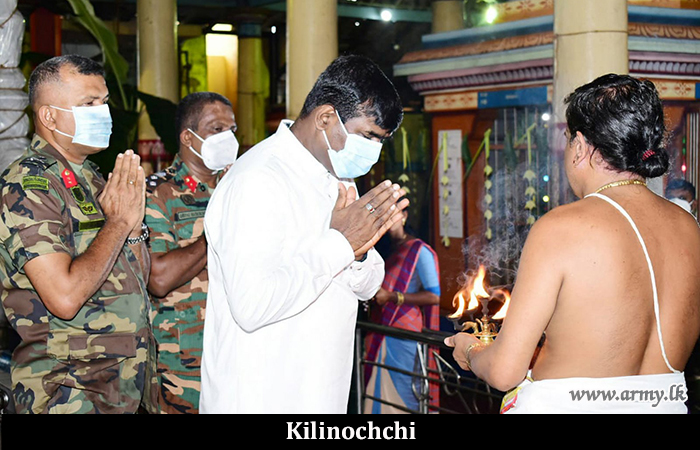
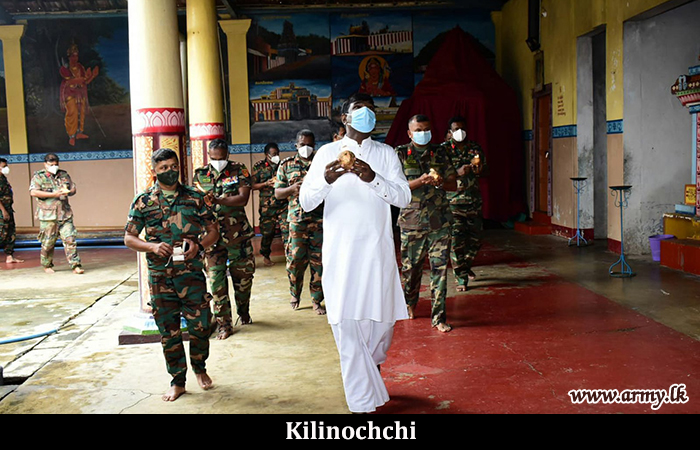
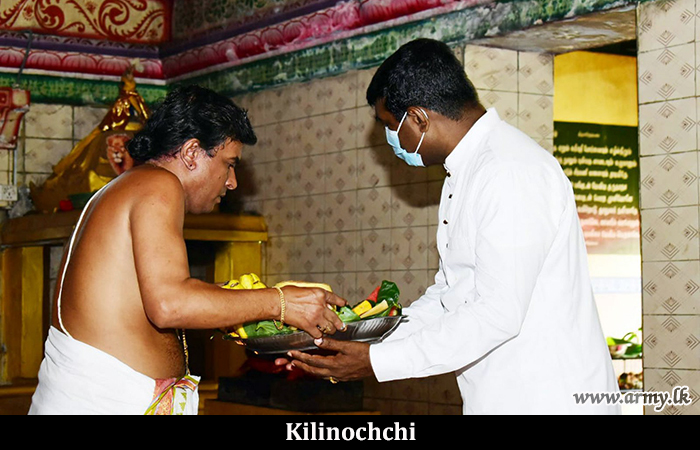
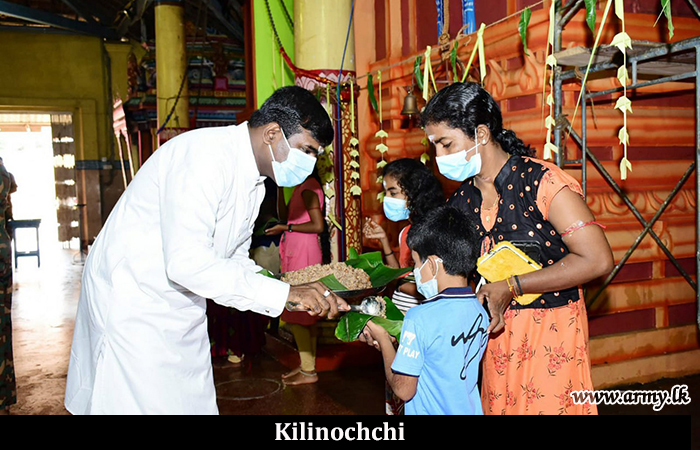
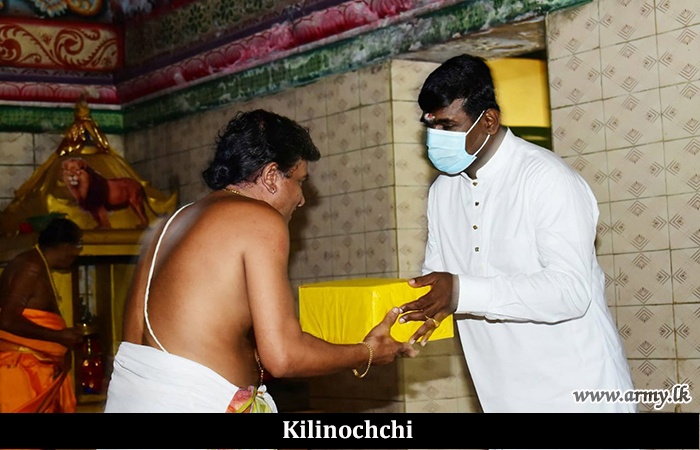
Mullaitivu
In Mullaitivu, troops participated in Thai Pongal rituals at Vattappalai Kannaki Amman Kovil, under Major General Jagath Rathnayake, Commander Security Forces in Mullaitivu and Major General Upali Rajapaksha.
In addition, the Sri Lankan army handed over a house and some home appliances to a Tamil woman in Maligathivu, Mullaitivu.
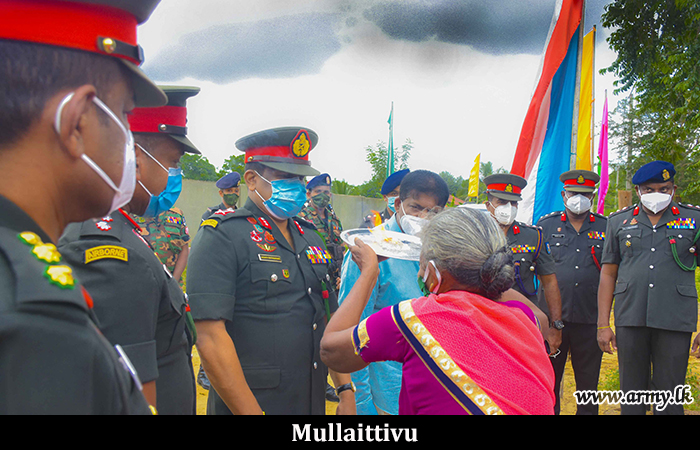
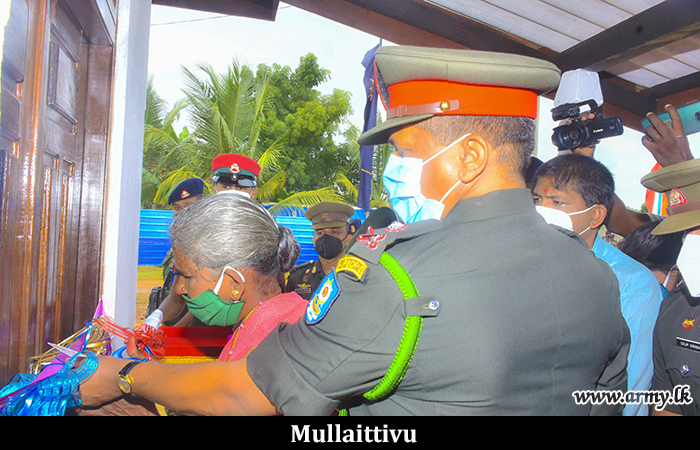
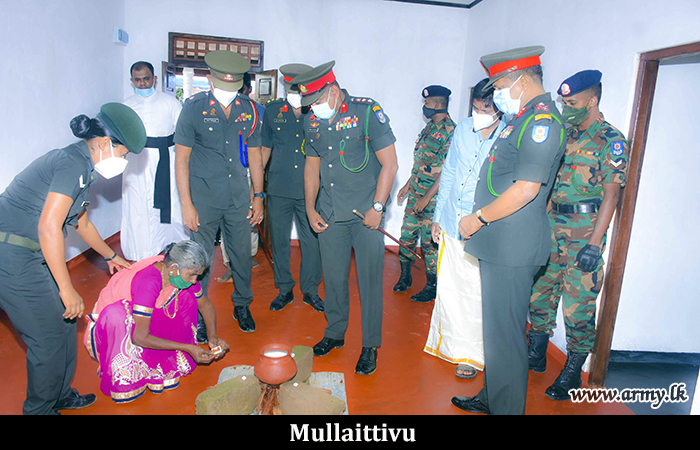
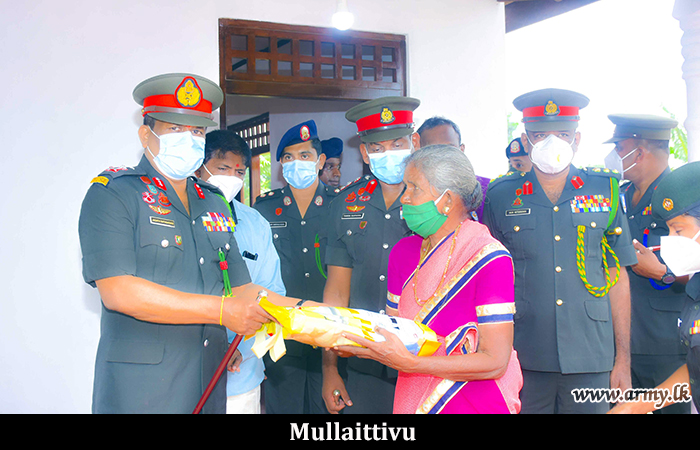
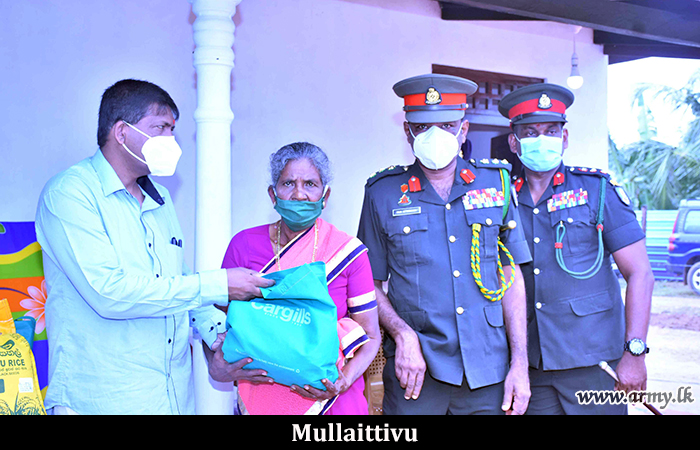
The heavy military presence at Tamil temples and festivals, despite over 11 years having passeds since the end of the war, continues to be cause for concern for locals and civil society.
Additionally, the Sri Lankan military in some instances proves a much more threatening presence at temples, such as at the recent Pongal celebrations at Neeraviyadi Pillaiyar Kovil which were held under military surveillance, with several police and military investigators stationed outside the temple throughout the event. In 2018, a Sinhala Buddhist monk constructed a large Buddha statue encroaching on the Neeraviyadi Pillaiyar Kovil in Semmalai and a Tamil language sign indicating the Hindu temple was destroyed replaced with a Sinhala sign. The following year, the Mullaitivu Magistrate’s Court ruled in favour of the Neeraviyadi Pillaiyar, confirming its longstanding existence in Semmalai. Ignoring the court ruling, the Sri Lankan army set up a sham archaeological museum opposite the temple, claiming the artifacts were from the area and belonged to the disputed Buddhist vihara next to the temple, highlighting that Tamils are not even protected legally from this encroachment.

